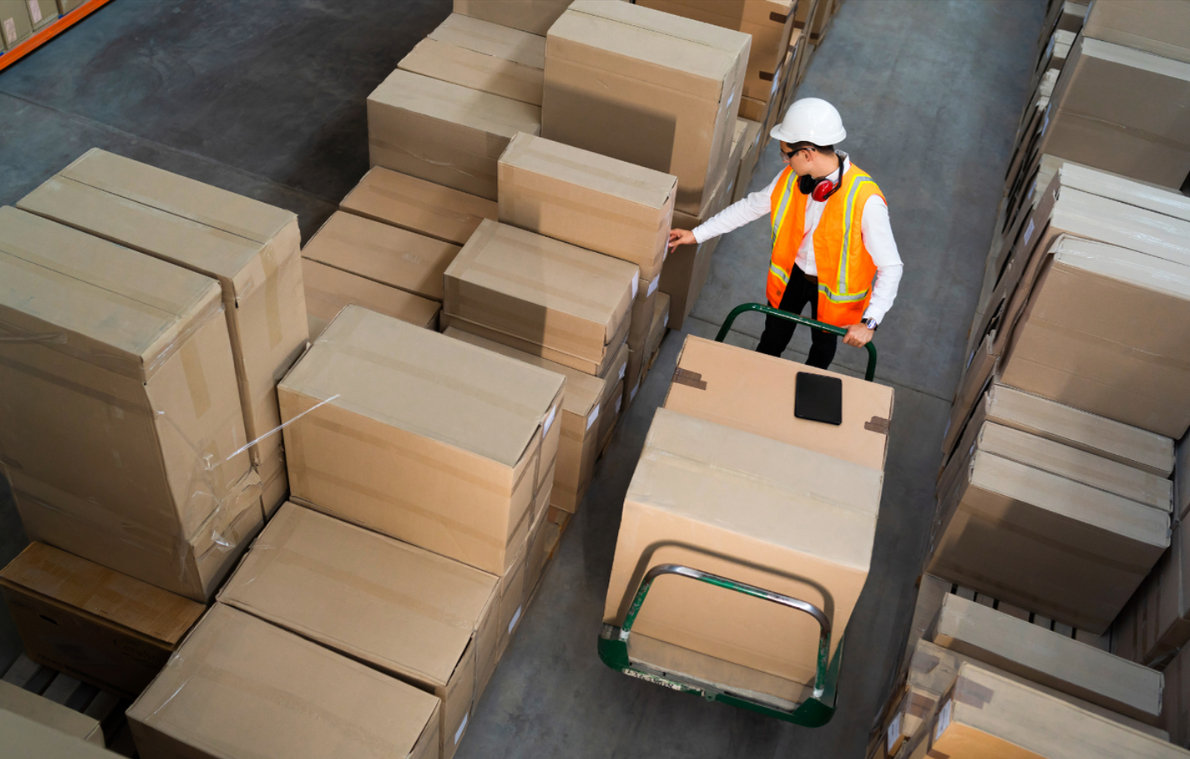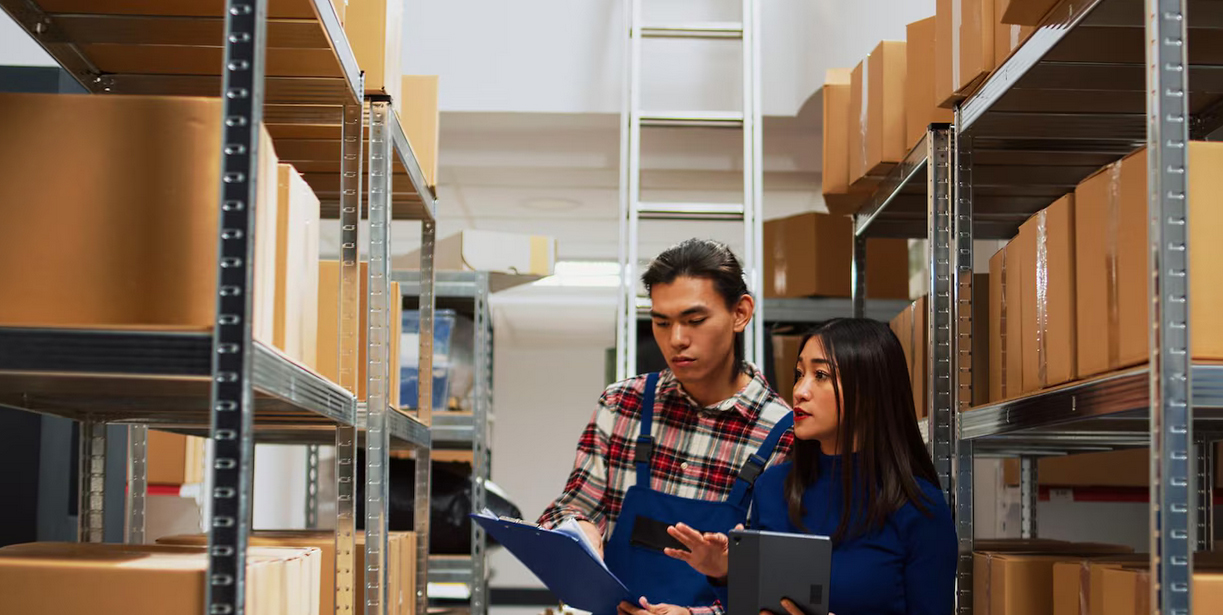Less Than Truckload (LTL)
By choosing Werex Trans for your LTL shipments
you can ensure a reliable and cost-effective shipping solution that suits your unique needs. Whether you’re shipping locally or across regions, Werex Trans can help streamline your logistics and ensure timely delivery of your goods.

How We Work
At Werex Trans, we make the transportation process simple and efficient. Here’s how it works:1 You select your quote
We receive it, calculate,
and send back the results
2 We sign a contract
Long term, or one
time – depends on you
3 We choose carrier
Based on your quote and calculations we select carrier and create tracking information
4 You receive your goods
You get your products safe and sound at your selected destination and make a closing payment
When to Choose Less Than Truckload (LTL) Shipping
LTL is the ideal choice in various scenarios. Here are situations where LTL shipping works best:
- Small Shipments: If your freight is too small to fill a whole truck, LTL shipping allows for the sharing of truck space with others, making it a cost-effective option.
- Flexible Delivery Timelines: LTL is suited for shipments that are not time-sensitive, as consolidation can take longer. However, it offers more scheduling flexibility.
- Local or Regional Moves: For shipments within nearby areas, LTL can be a great choice, particularly for short distances.
- Limited Storage: For businesses with limited storage space, LTL allows for frequent, smaller shipments rather than bulk deliveries, reducing the need for large storage areas.
- Sustainability Goals: LTL contributes to sustainability efforts by consolidating multiple shipments on a single truck, reducing the overall carbon footprint.
If your shipment requires a quicker turnaround, specific handling, or is unusually large, consider other shipping options like FTL (Full Truckload) or expedited services. Werex Trans can also help evaluate which method is most suitable for your specific needs.
How to Prepare LTL Shipments
Proper preparation ensures smooth and efficient shipping. Here’s what you need to keep in mind:
- Dimensions: Measure your shipment’s length, width, and height accurately. Round up to the nearest inch to avoid unexpected adjustment fees.
- Documentation: Complete the bill of lading (BOL) correctly and provide it to the carrier upon arrival. This document serves as both a receipt and a shipping contract.
- Packaging and Labeling: Secure goods onto pallets to minimize damage. Heavy items should be placed at the bottom of pallets. Proper labeling on the side ensures easy identification.

Additional LTL Shipping Services
- Expedited Shipping: Choose expedited shipping when you need a faster delivery than standard transit times.
- Liftgate Service: This service is used when the freight weighs more than 100 pounds, and the destination does not have a dock for unloading.
- Limited Access Locations: If your delivery is to a location with restricted access, such as a construction site or rural area, LTL carriers provide limited access service.
- Inside Pickup and Delivery: If the carrier needs to enter a building to pick up or deliver your shipment, this service can be requested.
Common Questions About LTL Shipping
LTL shipping operates through a hub-and-spoke system, where local terminals serve as spokes and larger distribution hubs are central points for consolidating shipments.
The price for LTL shipments is calculated based on several factors, including the distance, weight, dimensions, freight class, and any additional services such as liftgates or expedited delivery.
Freight class is a system used to categorize goods in the LTL industry. It’s determined based on factors like density, handling, and liability. Werex Trans offers tools to help calculate the freight class for your shipment easily.
LTL is used when freight doesn’t require the full capacity of a truck, whereas Full Truckload (FTL) fills an entire truck or trailer.
If your shipment exceeds 150 pounds, LTL shipping is often the more economical and efficient choice.
LTL typically takes longer than FTL due to consolidation, but expedited options are available for quicker delivery.
During pickup, make sure to provide the driver with the bill of lading. Unless an inside pickup service is arranged, the driver will not assist with loading, and you’ll need to handle that yourself.
